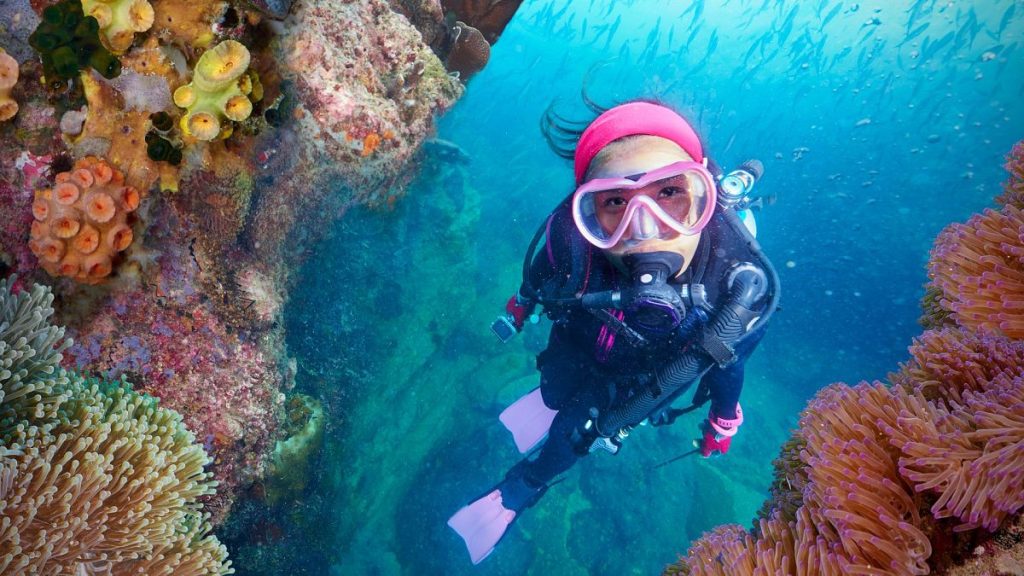Sunscreen is a necessary part of protecting your skin from the sun’s harmful rays, but the chemicals in many sunscreens can be damaging to coral reefs and ocean life. Over 5,000 tonnes of sunscreen wash off swimmers and into oceans worldwide, according to the US National Park Service, while the American Chemical Society estimates that the number is closer to 13,000 tonnes when including all waterways. This pollution comes from both swimmers and wastewater, emphasizing the importance of using reef-friendly sunscreen not only at the beach but also in other bodies of water.
Certain chemicals found in sunscreen, such as oxybenzone and octinoxate, have been found to be toxic to coral reefs. Research shows that these contaminants can harm the health and reproduction of coral and contribute to bleaching. Coral reefs are essential to the underwater ecosystem, providing food and shelter to a quarter of all marine life. The damage caused by sunscreen chemicals can also affect algae, seaweed, fish, and other sea life, impacting the overall health of marine ecosystems.
‘Reef-friendly’ sunscreen is a term used to describe sunscreens that do not contain harmful chemicals such as oxybenzone and octinoxate. While the term is not regulated, destinations with delicate marine ecosystems like Hawaii and Thailand have banned or restricted sunscreens containing certain ingredients. When looking for reef-safe sunscreen, it is essential to avoid products containing oxybenzone, octinoxate, octocrylene, 4-methylbenzylidene camphor, OD-PABA, parabens, triclosan, and nanoparticles. Instead, opt for mineral-based sunscreens containing non-nano zinc oxide or non-nano titanium dioxide as active ingredients.
To further reduce your reliance on sunscreen, consider spending time in the shade or wearing lightweight UV-protective clothing. Choosing a holiday destination that can be reached by sustainable transport, such as trains, can also help lessen your contribution to climate change. When shopping for reef-friendly sunscreen, look for products certified by non-profit organizations like Haereticus Environmental Laboratory’s ‘Protect Land + Sea’ certification. Brands that have received this certification include Badger, Odacité, Tropic, and Stream2Sea, as well as other European brands like Green People, Pai, and UpCircle.
Overall, the use of reef-friendly sunscreen can help reduce the harmful impact of sunscreen chemicals on coral reefs and marine life. By being mindful of the ingredients in your sunscreen and opting for products that do not contain harmful chemicals, you can protect both your skin and the environment. Consider exploring natural sunscreen options and choosing eco-friendly brands to help preserve the health of our oceans and marine ecosystems.









